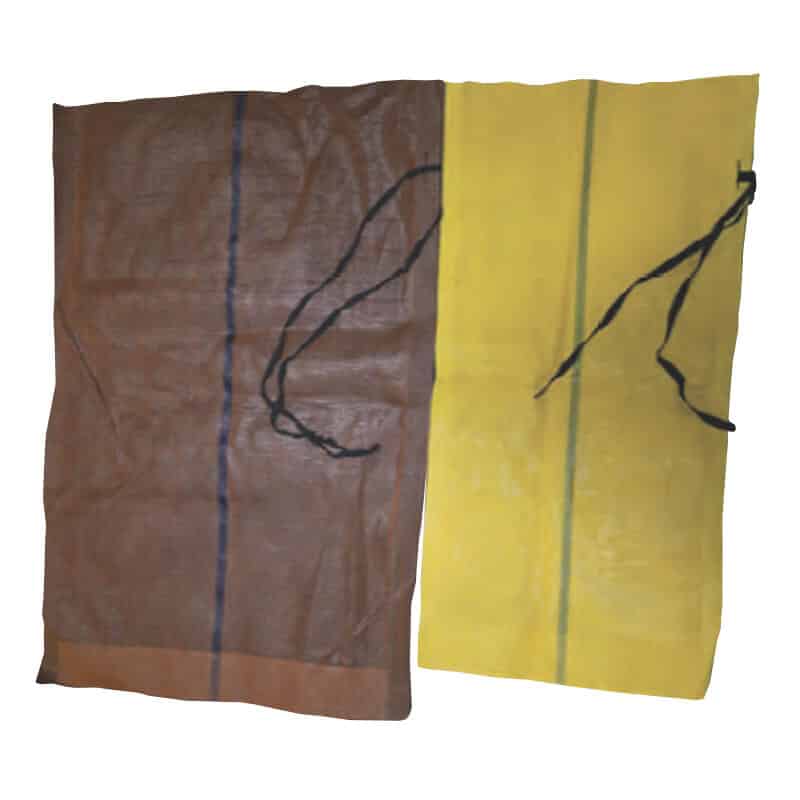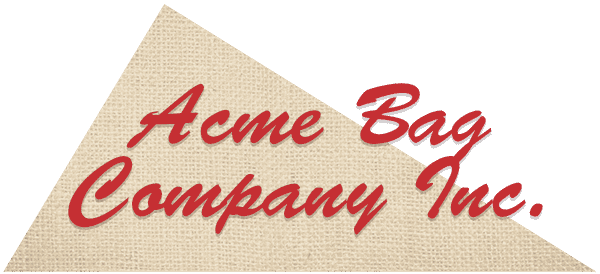Gravel Bags
Request A Quote
Description:
Our 14” x 26” monofilament Yellow Gravel Bags and 17” x 27” Orange Gravel Bags are made from high UV monofilament material. Usually, these bags are needed around storm drains to protect the silt and sediment from going into the drain and allow only water to pass through to the (filter) drain. The gravel bag with 3/4” gravel filtering
acts as sediment control.
- Size: 14”x26”, 17″x27″
- Yarn: High-Density Polyethylene
- Fabric Structure: Woven
- Construction: 34 x 20 wrap 700 denier
Specifications:
| Property | Test Method | Min. Average Roll Value |
|---|---|---|
| Fabric Weight | D-5261 | 5 oz / sq yard |
| Grab Tensile Strength | ASTM D-1682 | >280F 196 lbs |
| Mullen Burst Strength | D-751 | 390 lbs / in / sq |
| Flow Rate | 100 gal / ft / sq / min | |
| UV Resistance (@2000 hrs) | ASTM D-4355, D-4632 | >70% |
Commonly asked questions:
What are gravel bags used for?
Large-scale building and agricultural operations often use gravel bags. The use of multiple bags of gravel lessens erosion and protects the regions around drains, inlets, and curbs. Gravel bags are highly durable and designed for long-term usage because they were built for use on construction sites.
Gravel bags could be run over with a truck and still come out unscathed. You can alter the amount of gravel within every bag to fit the construction site’s flow, sedimentation, and filtration needs.
Who uses gravel bags?
Gravel bags are commonly used in the construction sector to maintain compliance with National Pollutant Discharge Elimination System (NPDES) regulations. Sediment and erosion control is their responsibility.
By purchasing gravel bags and following the regulations, you are both protecting and insuring your job. This will guarantee that your company does have to pay a serious fine or bill.
What is sediment and erosion control?
Sediment and erosion control aids in the prevention and reduction of any sediment flow from a construction site. Natural processes, as well as crew-built structures and land management practices, are used to accomplish this.
The soil, residential areas, the ecosystem, and transportation infrastructure will all suffer tremendously if sediment and erosion management is not implemented, as it is designed to keep waterways and soil clean during construction projects.
What is monofilament?
Monofilament, or “mono,” is a single strand of polymer instead of multi-filament lines, which are constructed from several fibers that have been bonded, braided, or compacted collectively.
Monofilament can be made from various substances, although nylon is the most commonly and frequently used. Multiple types of nylon are often mixed to create multi-polymers and co-polymers with variable degrees of resistance to abrasion, durability, flexibility, and other critical properties.
Where should gravel bags be applied?
Gravel bags should be placed wherever there is a risk of overflow. The following applications are suggested:
- Surrounding drainage channels or drainage grates
- Along the boundary of the site
- If the location is on higher ground, it should be on a slope or incline.
- Fencing or encircling a curb inlet
- obstructing any significant waterways in the vicinity of the construction site ● In a way, that runoff is being directed away from water reservoirs.
- For constructing a temporary check dam along slanted roads
- In the immediate vicinity of stockpiles and temporary waste zones
- Safeguarding topsoil or clearings that have been exposed
- Making a temporary sediment basin that won’t pollute the water supply
Do I need to use coir wattles with gravel bags?
Gravel bags can be used in tandem with coir fiber or coir wattles for erosion control in large building projects.
Coir wattles hold the sediment in place during construction, preventing it from being displaced or extracted. They also help minimize debris and dangerous substances from reaching surrounding storm drains by filtering rainwater runoff from building sites.
Request A Quote
You can also call us at 619-429-9800
